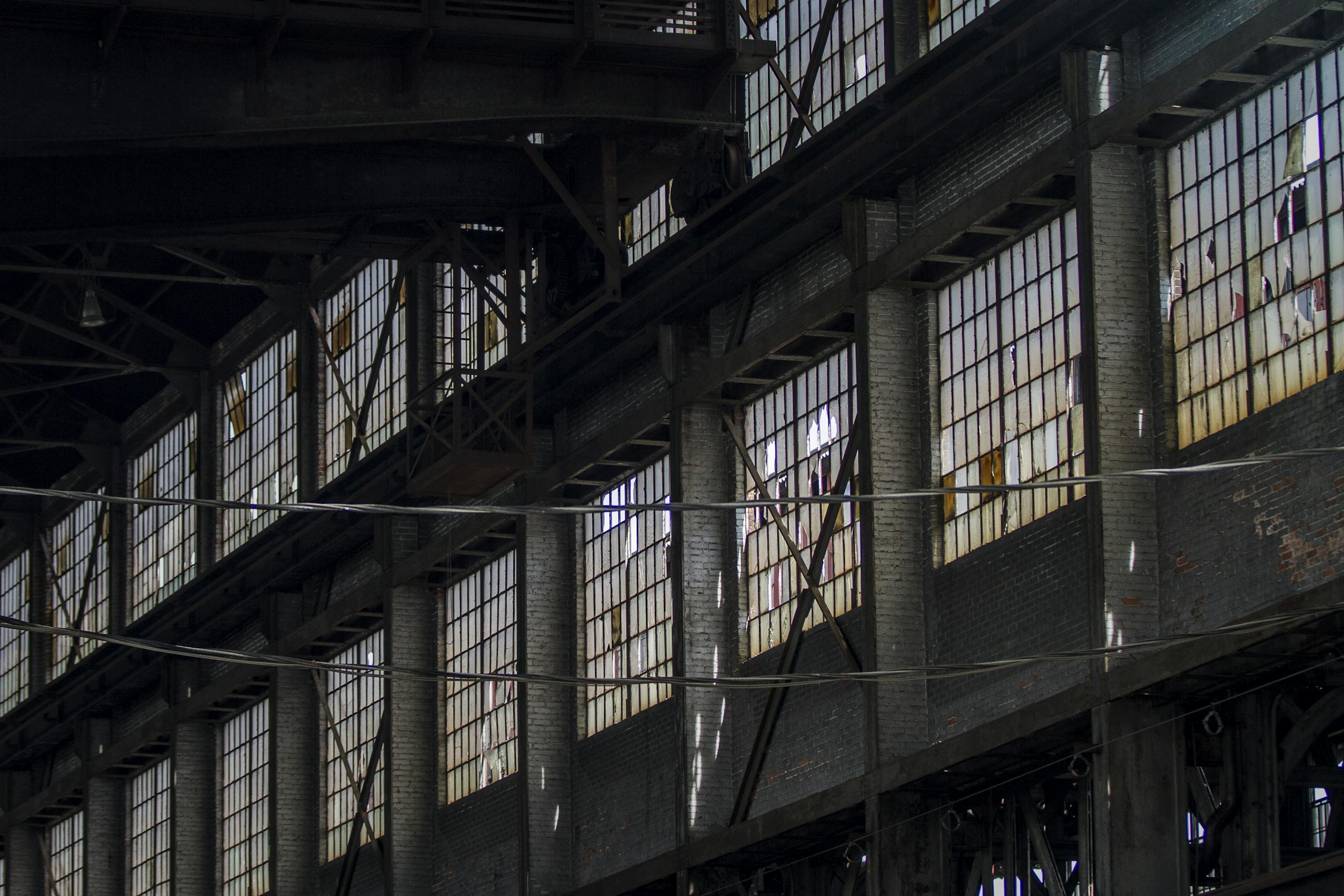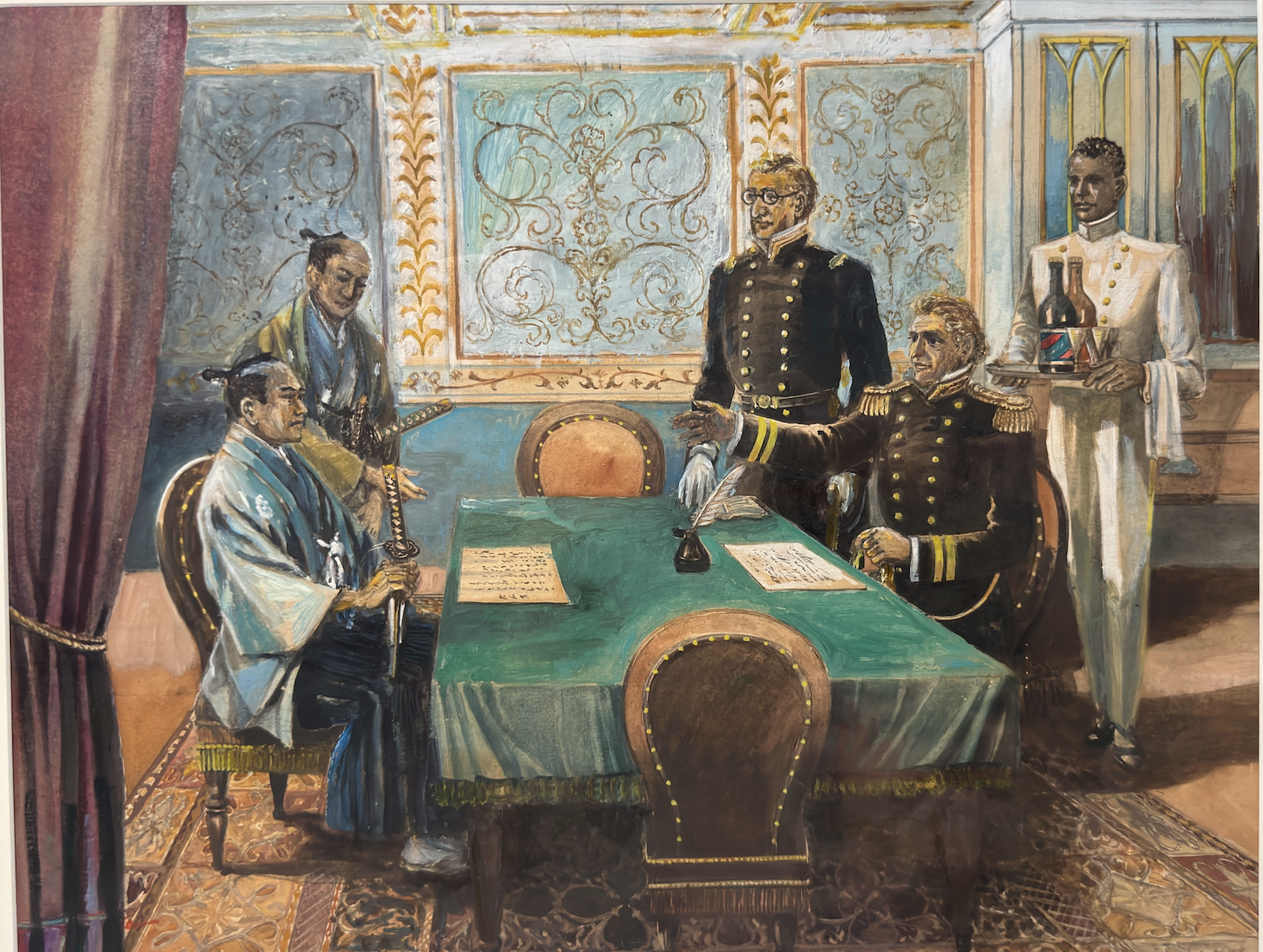A Future-Oriented Partnership Requires Embracing the America First Agenda
By Camilo Sandoval
For decades, the U.S.-Japan alliance has been guided by stewards like Richard Armitage and Joseph Nye—figures who helped institutionalize a post–Cold War, liberal internationalist framework. Their contributions are acknowledged. But as Nikkei Asia recently asked, “Who will replace Armitage and Nye?”, the conversation pointed squarely towards the past—establishment leaders from both parties who remain committed to a foreign policy playbook increasingly out of sync with the world we live in, and one that no longer meets the demands of today’s rapidly evolving geopolitical and economic landscape.
While the article offers a valuable reflection on past leadership, it opens the door to a broader conversation—one that includes a vital shift underway in American and global politics: the rise of an America First agenda that emphasizes sovereignty, strategic autonomy, and shared prosperity rooted in national strength. This development reflects not a departure from alliance management, but a realignment grounded in the evolving demands of today’s geopolitical landscape.
The future of the U.S.-Japan alliance must not be a nostalgic rehash of the old consensus—it must reflect a new strategic reality. It’s time for a new generation of alliance leaders who align with the policy principles championed by President Trump’s America First Policy Agenda: economic independence, energy security, resilient borders, safe communities, and freedom-driven innovation.
During President Trump’s first term, Japan emerged as one of America’s most trusted allies—not through globalist frameworks but through a pragmatic alignment of interests. Prime Minister Shinzo Abe and President Trump forged a personal and strategic bond grounded in realism and mutual respect. It was not about “leading the liberal international order”; it was about putting their own countries first—while recognizing that strong nations make strong alliances.
Since then, Japan has taken decisive steps that resonate with the America First direction: boosting defense spending to 2% of GDP and investing deeply in semiconductor and energy independence—all reflecting a commitment to bolstering national and economic security.

Furthermore, Japan’s Nippon Steel has committed to a $14 billion investment in U.S. Steel, a move approved by President Trump as a strategic partnership that will create tens of thousands of jobs and inject substantial capital into the U.S. economy. These initiatives are not products of traditional consensus-building but are deliberate actions reflecting Japan’s sovereign decision-making and its intent to engage the United States as a strong, equal partner.
Contrary to the impression that such leadership is absent, a new generation of America First–aligned “Japan Hands” is quietly shaping the future of the alliance. These individuals are not seeking headlines but are deeply engaged—advising senior policymakers within government and leading strategic initiatives in the private sector. Their work spans investment, technological cooperation, and trust-building across both nations. Beyond the familiar figures often cited in alliance dialogues, this emerging cohort is laying the groundwork for a modern U.S.–Japan partnership—one defined by sovereignty, strategic clarity, and shared national interest. Their efforts mark a transition away from legacy frameworks toward more resilient, future-oriented structures designed to meet the geopolitical demands of the 21st century. They are not managing the past—they are building what comes next.
These individuals are known quantities—if you know where to look. And make no mistake: they reflect the emerging consensus between two sovereign nations ready to confront shared threats and seize shared opportunities—not through multilateral theatrics, but through strength, reciprocity, and clarity of purpose.
The next generation of U.S. custodians of this alliance must reflect these same values. We need leaders who reject the idea that foreign policy should be driven by permanent bureaucracy and elite institutions disconnected from the people. Instead, they must:
- Support secure and reciprocal trade that protects American and Japanese workers.
- Prioritize energy independence and investment in trusted supply chains—not green dependency.
- Champion technological sovereignty through trusted AI, quantum, and semiconductor cooperation.
- Advance strong national defense and forward deterrence that respects each nation’s right to chart its own course.
This is not isolationism—it’s a strategic partnership built on strength and mutual benefit.
The failure to even mention leaders aligned with the Trump-era agenda reveals a broader issue: elite blindness to where both America and Japan are headed. As the world becomes more dangerous and economically contested, our alliances must be built not on legacy personalities, but on aligned national priorities.
America First means a foreign policy that begins at home—but one that also empowers allies who walk the same path. Japan is already there. The U.S. must meet them with a new generation of leaders—not of the past, but of the future.
Stay Ahead with Pacific Square!
FORESIGHT for Leaders Navigating the Road Ahead at the Intersection Of Business, Technology, and Government
If you’re a policymaker, business leader, or investor navigating the post-globalization economy, stay tuned and 🔔 Subscribe for future analysis.
